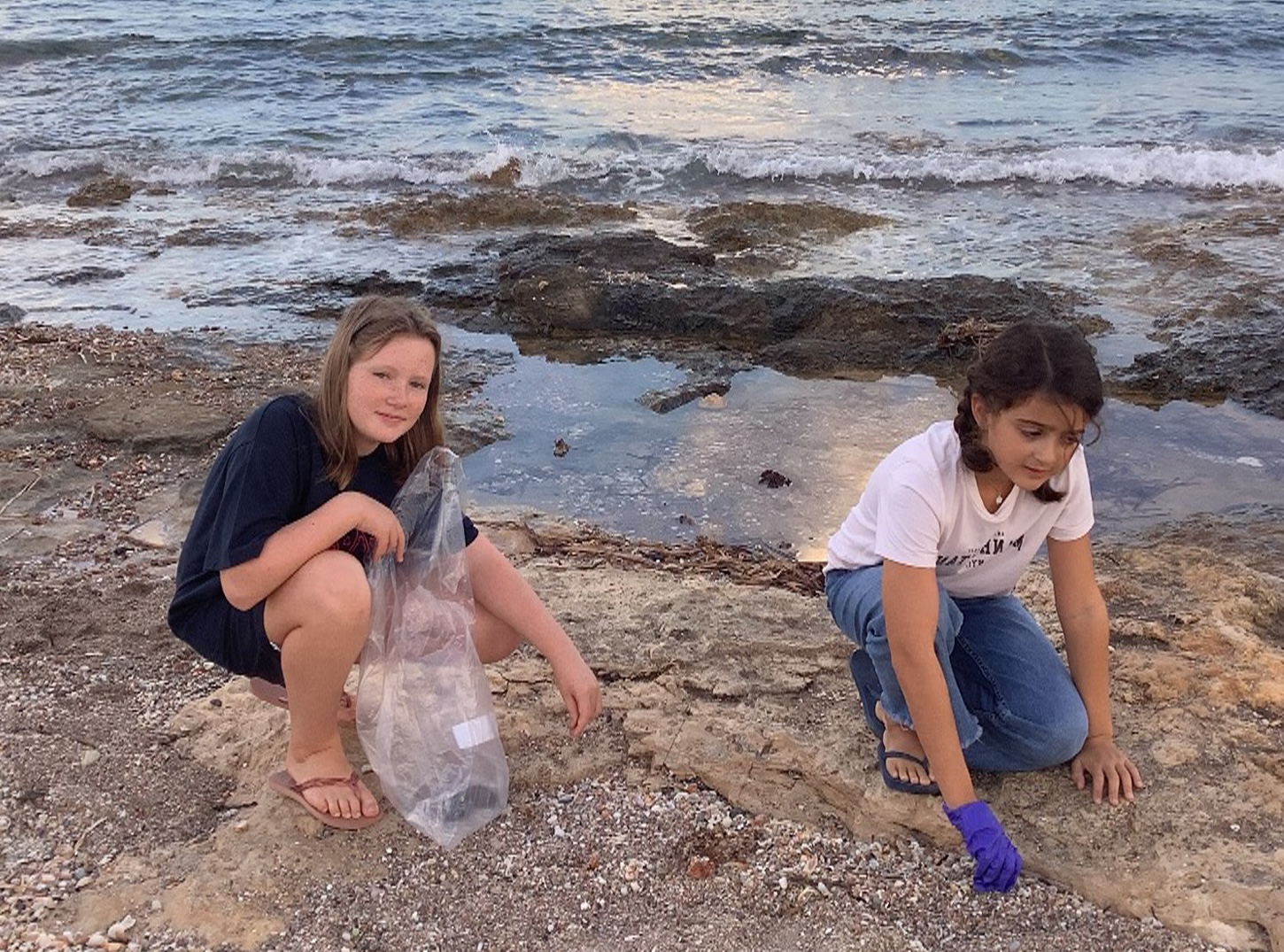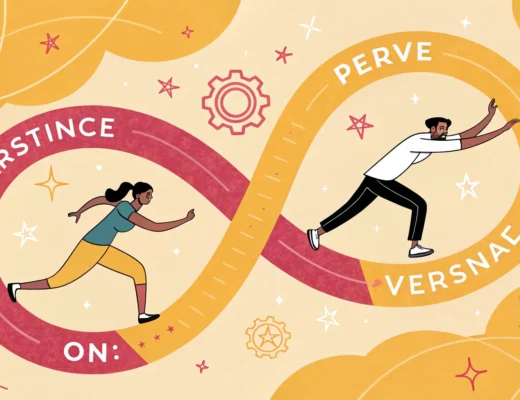
In the next decade, nearly 40% of the skills required for jobs are expected to change, according to the World Economic Forum’s Future of Jobs Report 2025. Automation, AI, and shifting global markets are redefining what it means to be employable. In this landscape, young people need more than academic achievement—they need adaptability, leadership, creative thinking, and social awareness.
While classrooms provide the foundation, the world beyond them is becoming the real laboratory for learning. One of the most effective, yet under-appreciated, ways students are building these future-ready skills is through charitable and social initiatives. Whether organizing a local food drive or launching an environmental campaign, these experiences are proving to be powerful incubators of entrepreneurial thinking.
Previous Post





